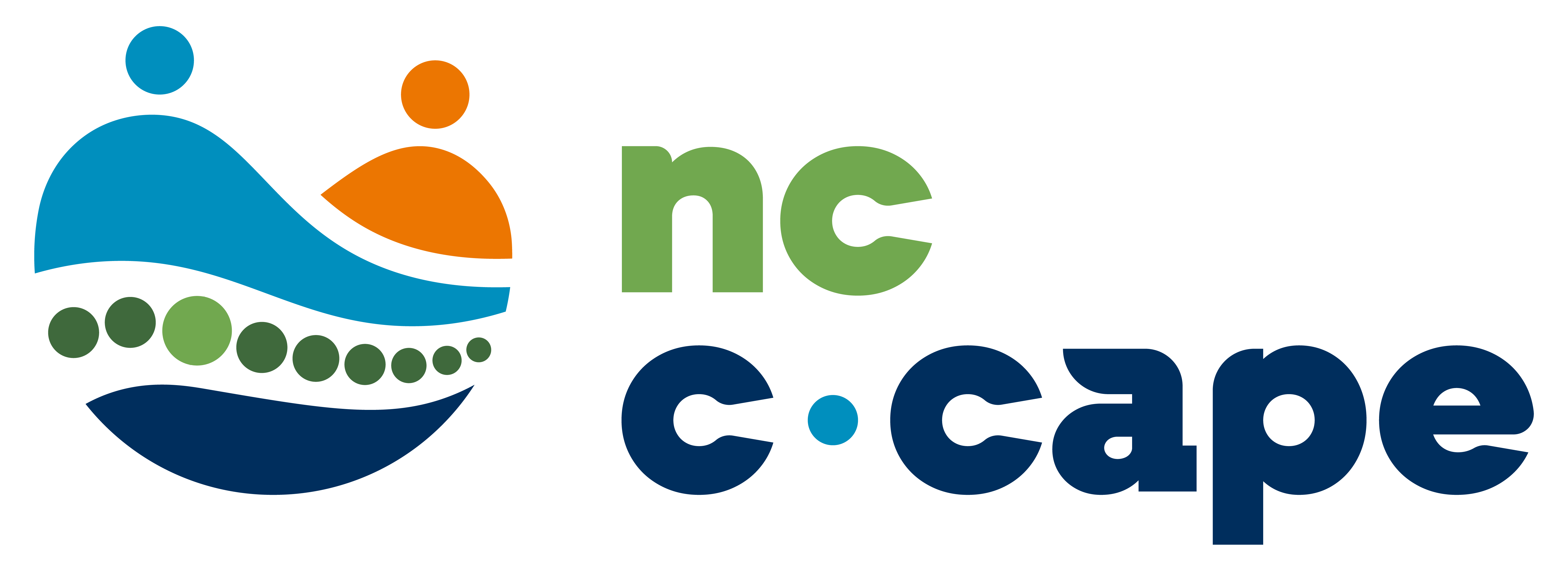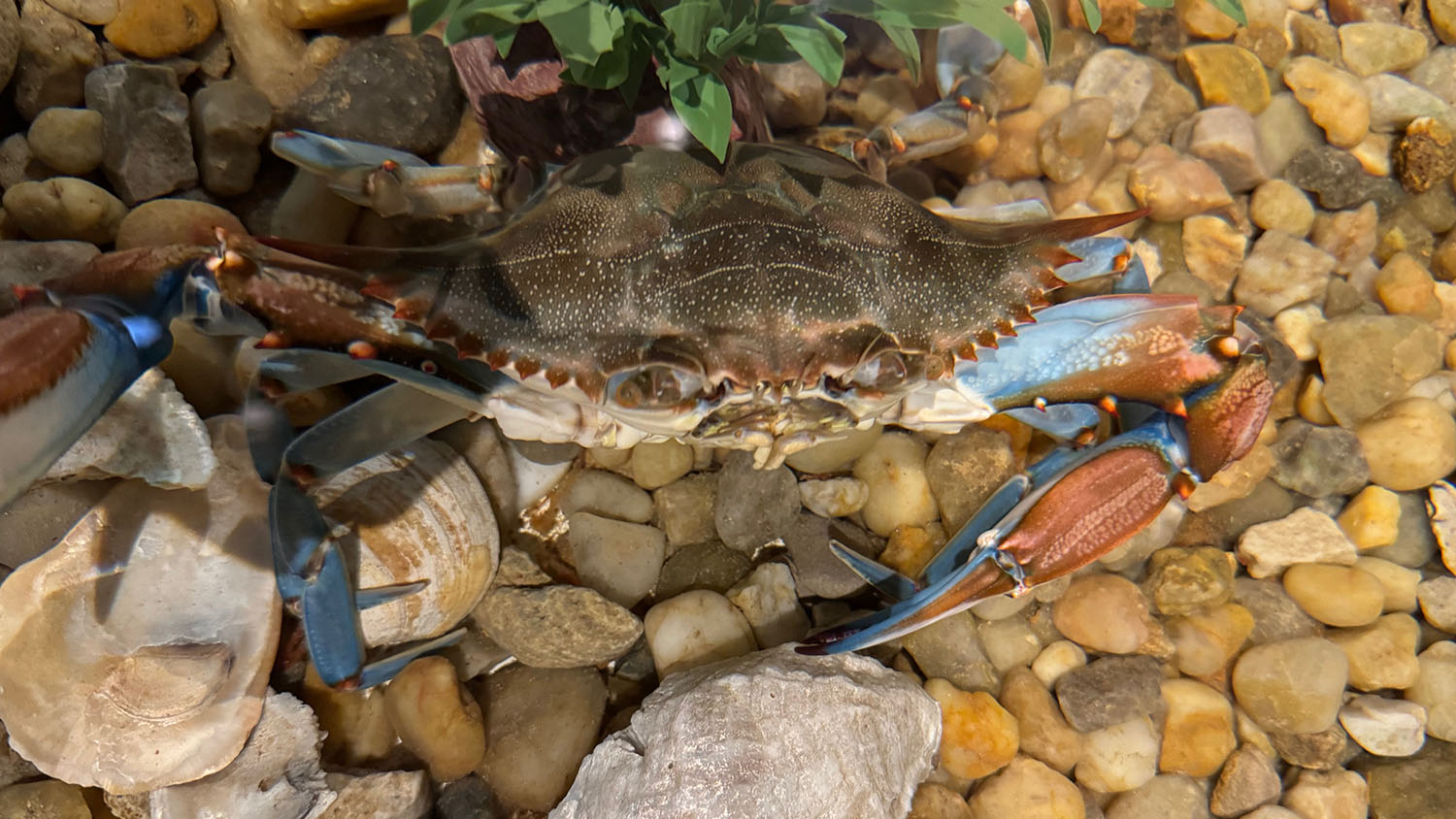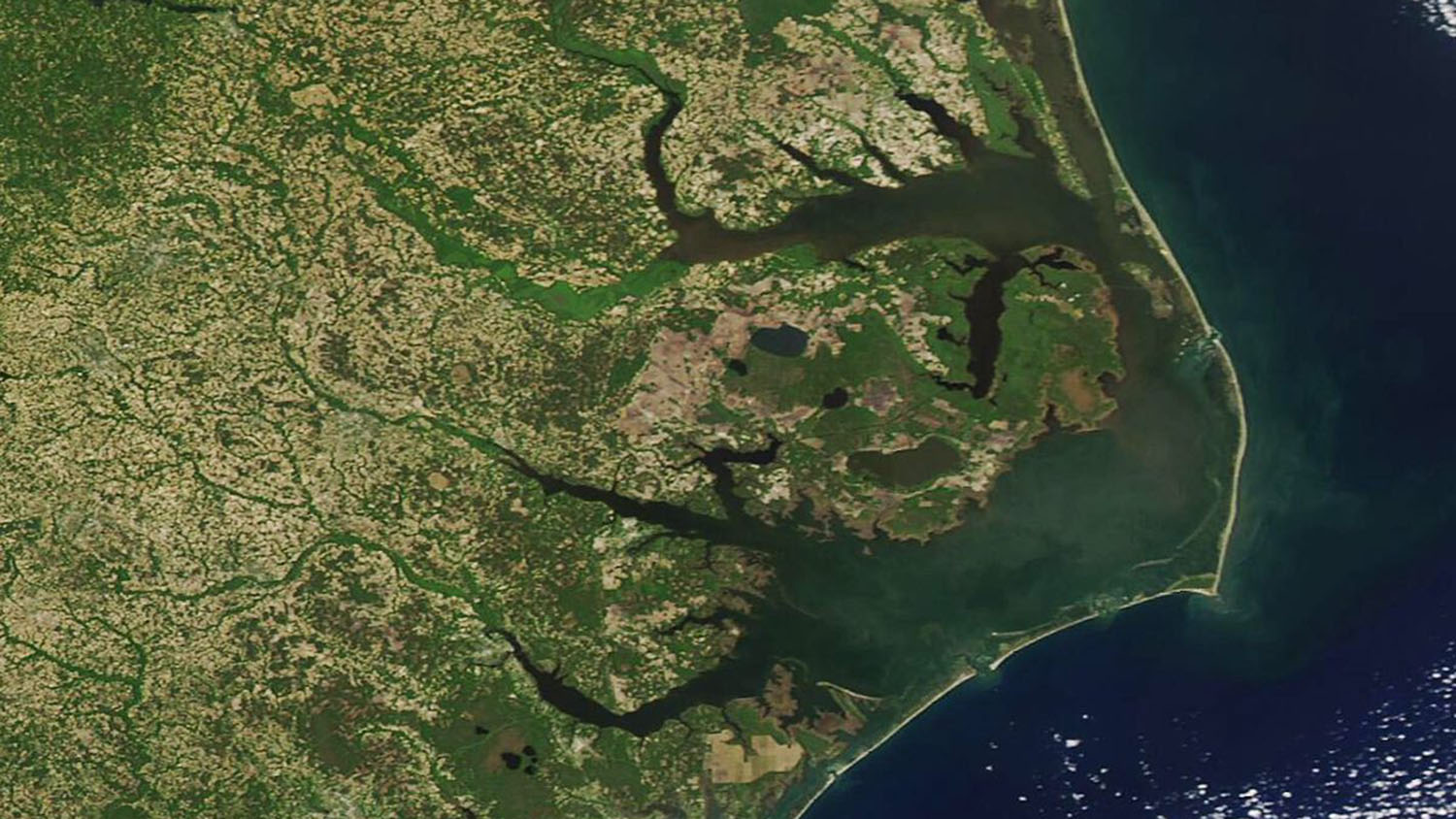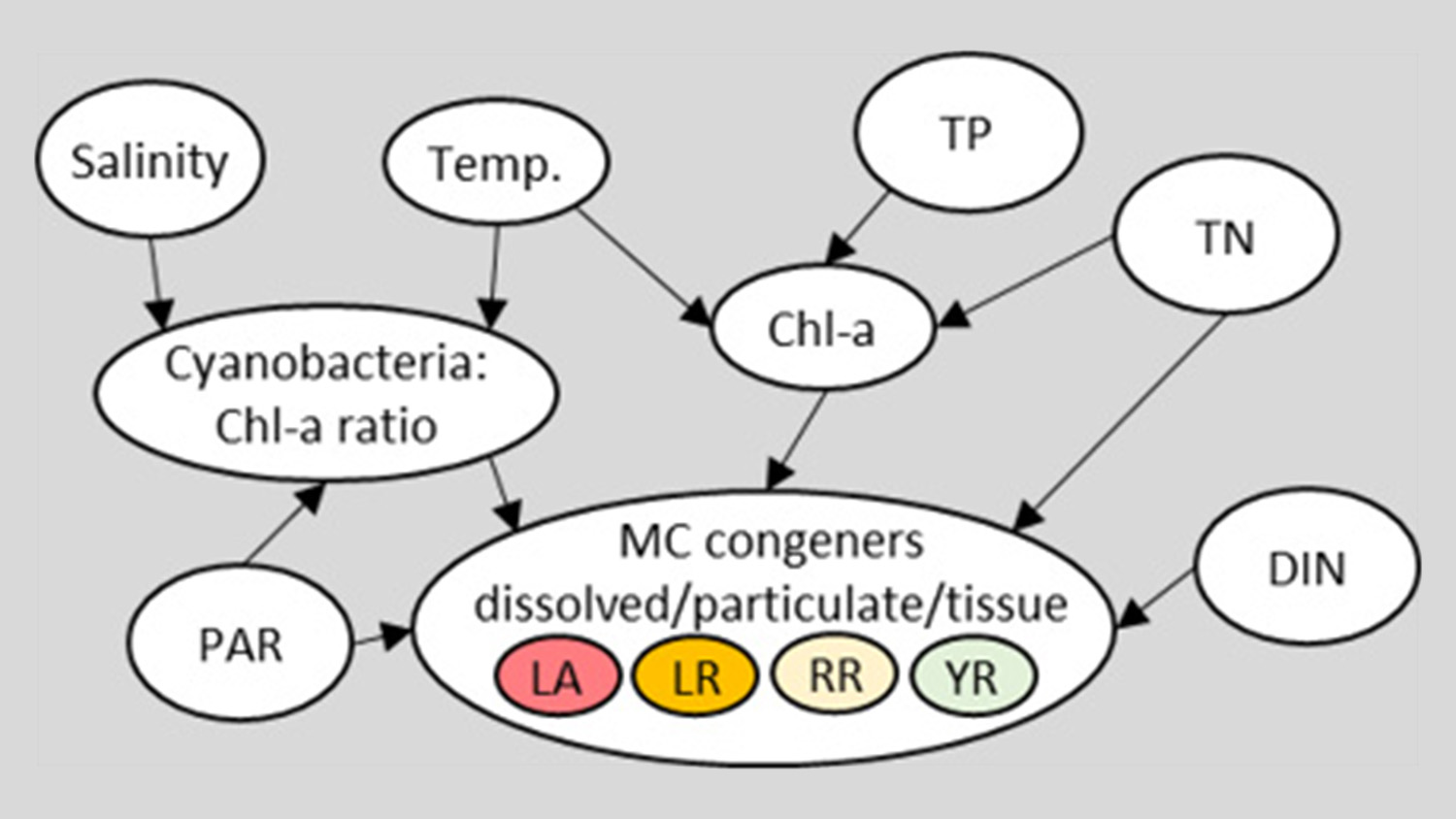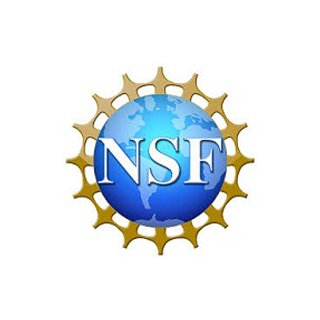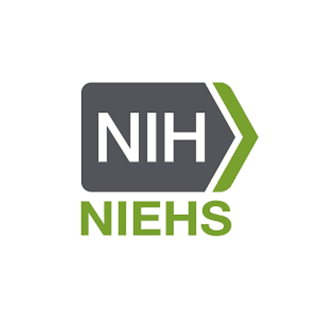Exploring the Connection Between Algae, People, and the Environment
Who We Are
The North Carolina Center for Coastal Algae, People, and Environment (NC C-CAPE) addresses critical public health and environmental challenges associated with harmful cyanobacterial algal blooms in North Carolina’s coastal waters. Our focus is on understanding the environmental drivers that lead to the proliferation of harmful algal blooms and the resulting human health risks. Given the increasing public concern regarding the safety of our water and seafood, our research is both timely and necessary.
A Multidisciplinary Team of Researchers
NC C-CAPE combines multidisciplinary expertise in ocean and climate science, toxicology, epidemiology, modeling, and community engagement to form an interdisciplinary team to address emergent and future threats to human health from algal toxins throughout NC’s coastal estuaries. Growing threats to ecosystem and human health are expected as expansion and increased frequency of cyanobacterial blooms are attributed to climate drivers including warming, periods of drought and severe storms, and eutrophication. In coastal NC, emergent Harmful Algal Blooms (HABs) have surged and coincide with reports on cyanobacterial toxin presence, mainly microcystins, in water and seafood. We aim to investigate the links between environmental and climatic drivers and HAB dynamics, microcystin congener composition, toxin contamination in oyster and blue crab and the health effects of microcystin-mixtures on hepatic toxicity, disease and cancer in model systems and humans.
The center encompasses three research projects that focus on Coastal Oceanography, Toxicology and Epidemiology and Modeling and Climate. The center’s Community Engagement Core will use the principles of data justice to address HAB exposure and prevention, where community members are experts and can ask their own questions. NC C-CAPE will provide significant insight to guide efforts to implement effective monitoring approaches, inform guideline values for safe consumption of water and seafood, deliver predictive tools to assess emergent and future toxin exposure risk, and will leverage community engagement initiatives to fill data gaps and improve ocean and human health.
Stay in touch
Training the Next Generation
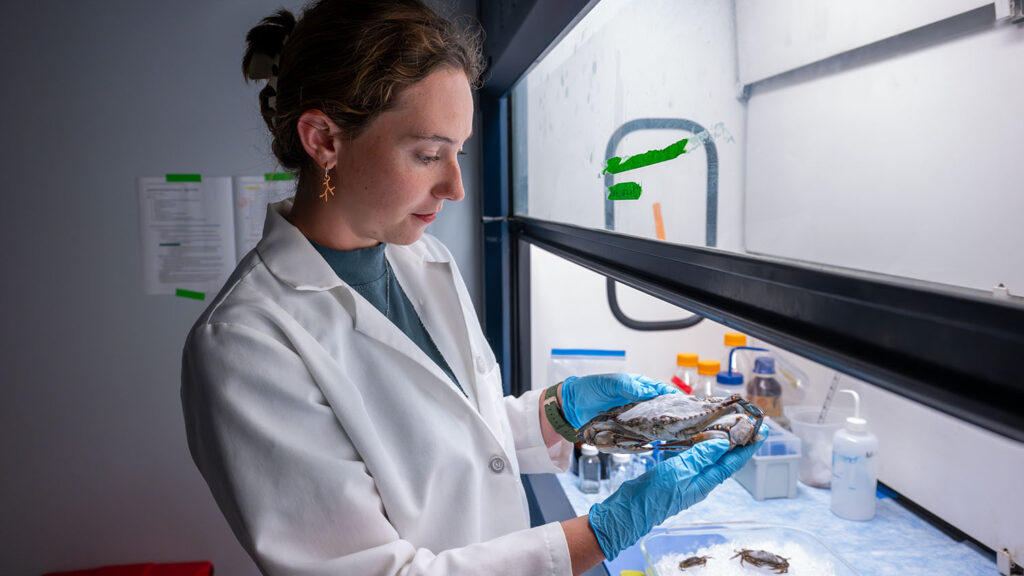
NC C-CAPE students experience how the different disciplines approach harmful algal bloom research from ocean and climate science to toxicology, epidemiology, modeling, and community engagement.
NC C-CAPE is funded by the National Science Foundation and the National Institutes of Health (award numbers OCE-2414792 and 1P01ES035542-01).
